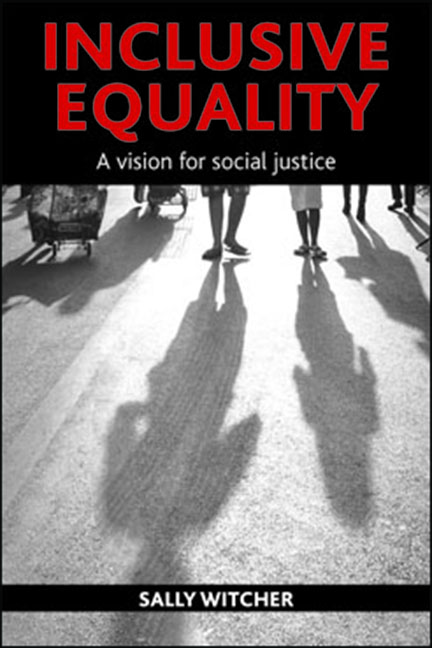Summary
In search of social justice
Regardless of their affiliation, politicians down the ages have avowed their commitment to the pursuit of fairness or, more grandly, social justice. While at face value this might be cause for celebration, there are of course less happy interpretations of the apparent consensus. Either politicians all share the same goal, or terms such as ‘fairness’ and ‘social justice’ can mean whatever the utterer wants them to mean, thereby rendering them completely meaningless. They become reduced to ‘feelgood’ words that all can unite behind (Piachaud, 2008), even if what people understand by them is diametrically opposed (see Burchardt and Craig, 2008). Certainly no politician seems likely to declare a commitment to unfairness and social injustice (and any contemplating it might be well advised to rethink their choice of career). Whether the electorate is being offered a startling lack of choice, or different unarticulated choices, it bodes somewhat ill for democracy.
The elusive nature of much political discourse is nothing new and is in many ways unsurprising. There is the obvious risk that potential supporters may be deterred if meanings and intentions are more precisely spelt out. Moreover, where it pertains to disadvantage, the vaguer the concept the more difficult it becomes to demonstrate its extent, thereby dissipating pressure to act and evidence of failure to do so. However, not only can the same language mask significant differences, it is possible for difference to be proclaimed where in fact little exists. Familiar concepts may be renamed as politicians strive to demonstrate progress; to distinguish their efforts from those of their predecessors. Policies can be tweaked and re-branded to demonstrate supposed newness. At a time when the span of political terrain narrows, policy substance may be very similar and thus the scope to differentiate relies increasingly on the manner of its presentation:
The degradation of politics to a state where it is a matter of the competing marketing policies of parties which at all levels of governance are essentially indistinguishable in their relation with corporate power and supine attitude to that power means that we have no say in the determination of future social trajectories. (Byrne, 2005, p 173)
- Type
- Chapter
- Information
- Inclusive EqualityA Vision for Social Justice, pp. 1 - 30Publisher: Bristol University PressPrint publication year: 2013



